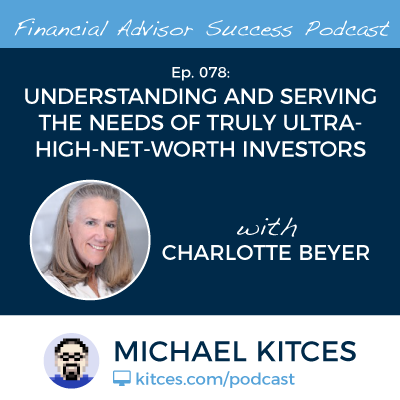The FPA Residency program (originally the ICFP Residency program) was created to help financial planners develop the skills needed to be successful through the use of on-site case studies to gain practical experience guided by a group of peers and a mentor as a guide. Over the years, this program has been a valuable experience for many advisors who have had the opportunity to attend. However, the intimate nature of the event naturally means that many advisors have not had an opportunity to attend, and therefore have not had the opportunity to learn from this event.
In this guest post, Ben Coombs, a veteran mentor of the FPA Residency program and a member of the very first graduating class of CFP certificants in 1973, shares 10 underlying "truths" – wise lessons he learned about being a (better) financial planner – that he developed as an attempt to capture the core values of Residency.
In the Residency program, Ben's 10 truths became to be known as "Ben's Bromides", and include lessons covering many important insights – from lessons regarding the information we provide to clients (e.g., you are only as good as your sources of information, and your sources of compensation will control your sources of information), to lessons about what we should do as financial planners (e.g., don't design "iron butterflies", and pursue the possible), to lessons about how we should put together a plan (e.g., financial planning is a "neighborhood play", and remembering that the financial plan is for the financial planner – not the client!). And while these lessons core values were first taught and developed for FPA Residency, Ben's Bromides capture a lot of financial planning wisdom in a concise manner that is useful for any and every financial planner!

 Welcome, everyone! Welcome to the 79th episode of the Financial Advisor Success Podcast!
Welcome, everyone! Welcome to the 79th episode of the Financial Advisor Success Podcast! Welcome, everyone! Welcome to the 78th episode of the Financial Advisor Success Podcast!
Welcome, everyone! Welcome to the 78th episode of the Financial Advisor Success Podcast!
